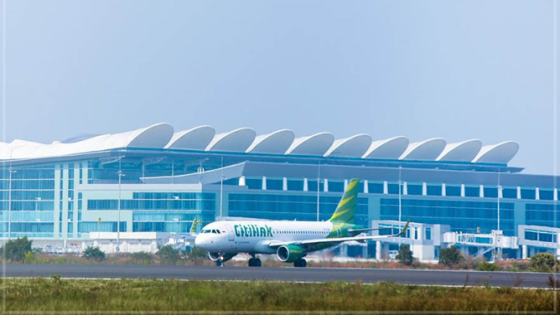The recent proposal to increase the tourist tax in Spain has sparked outrage among the Costa Brava-Pirineu de Girona Apartment Association (ATA). On February 27, 2025, the ATA expressed their strong opposition, claiming the decision was made without consulting the tourism sector. How will this tax hike impact families planning vacations in the region?
- ATA opposes increase in tourist tax.
- Proposal made without sector consultation.
- Tax hike affects family vacation budgets.
- Tourism is vital for local economy.
- Measure may encourage illegal rentals.
- ATA represents 14,000 legal rental units.
Tourist Tax Increase: What It Means for Families Visiting Spain
The proposed increase in the tourist tax could significantly affect families traveling to Spain. With the tax potentially doubling, families may reconsider their vacation plans. Will this discourage tourists from choosing Spain as their destination?
How the Tax Hike Could Affect Spain’s Tourism Sector
The ATA warns that increasing the tourist tax could make Spain less competitive compared to other destinations. Here are some key points to consider:
- The tax increase could lead families to rethink their travel plans.
- Tourism is a vital economic driver in Spain, generating jobs and revenue.
- Many tourists who rent apartments are families, amplifying the financial impact.
- Higher costs may push travelers to choose alternative destinations.
Understanding the Impact on Local Economies and Families
The ATA emphasizes that tourism is crucial for local economies. The proposed tax increase could lead to a decline in visitors, which would hurt businesses reliant on tourism. Families, who often travel in larger groups, will bear the brunt of this tax hike, potentially multiplying their expenses significantly. How can local governments balance tax revenue with the need to attract tourists?
What Can Be Done to Address Housing Issues and Tourism?
While the ATA acknowledges the need for solutions to housing shortages, they argue that doubling the tourist tax is not the answer. Instead, they propose allocating current tax revenues to address housing issues without imposing additional burdens on travelers. Could this approach lead to a more sustainable tourism model?
In conclusion, the proposed increase in the tourist tax raises important questions about the future of tourism in Spain. As families weigh their vacation options, the impact on local economies and the tourism sector could be significant.

































